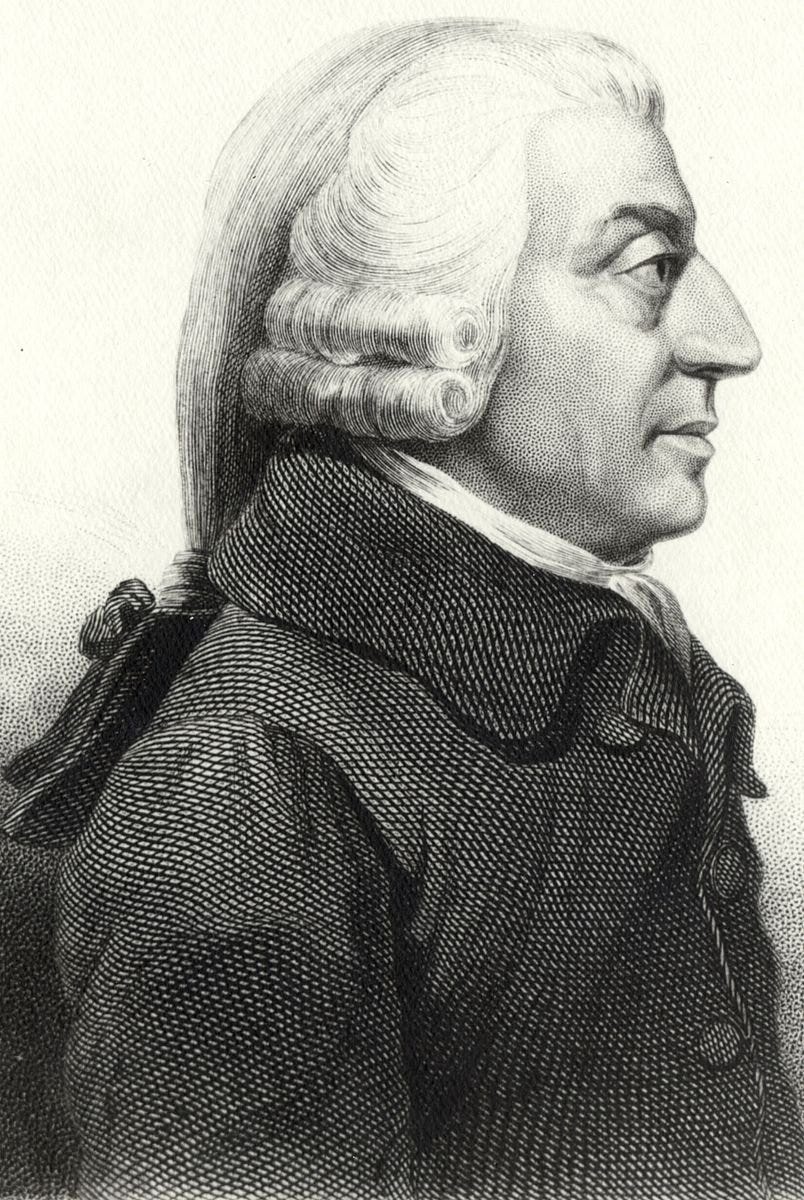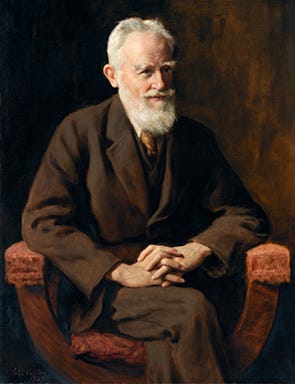Onboarding, proactive and meaningless words
The 14th edition of words of the week takes on some of the worst of corporate jargon
Onboarding
A pointlessly complex and unattractive way to say that you have hired someone who is now going through the process of signing the papers in the HR department and being shown where the coffee machine is and where the loos are. “It was the kind of onboarding we’d never seen before” said Daniel Danker, former senior director of product, Uber Eats. And let’s hope we never see it again. They are joining you but perhaps that doesn’t sound collegiate enough. To be onboard (always one word, for some reason) implies a shared mission, a common endeavour trapped on a ship at sail on the sea. This is a rather grand metaphor if all you have done really is to join a company that sells photocopiers.
Proactive
Another coinage, which started life in an obscure academic psychology paper from 1933, which business people find strangely tempting. It probably sounds more scientific and technical than the better words it stands in for, such as vigorous and energetic, eager and keen. It can usually be subtracted without loss of meaning, as with this example from the 2019 Huawei annual report: “In 2019, Huawei made a concerted effort to enhance transparency and communicate more proactively with the world”. George Bernard Shaw once said that the single biggest problem in communication was the illusion that it had taken place. This is a case in point.
Meaningless words
There is no need to mock one more time the dreary instances of meaningless words and phrases. You know the sort of phrases. Boil the ocean and so on. Try to replace every one with an image that makes visual sense (in the way boil the ocean does not). For example, you often read in business prose of self-correcting networks. This probably means that a market economy, when it works well, is a network of relationships in which the good is served without conscious intent. In other and better words, by the operation of what Adam Smith called “the invisible hand”. Rather than use a bloodless and opaque idea like a self correcting network, Smith uses a memorable image.





